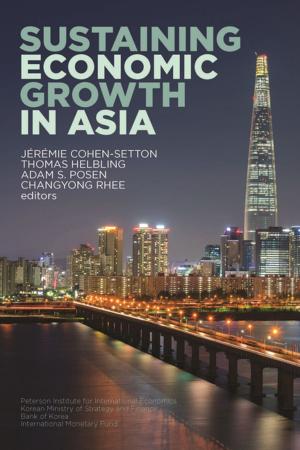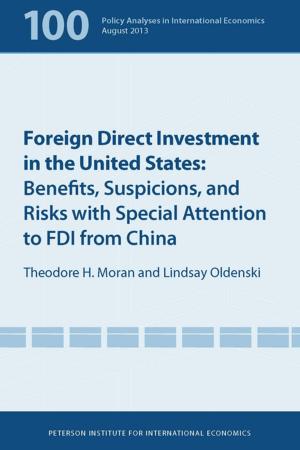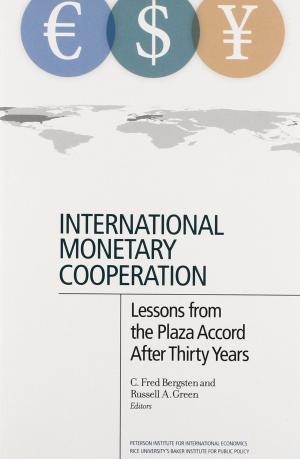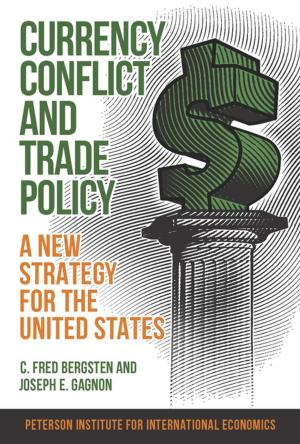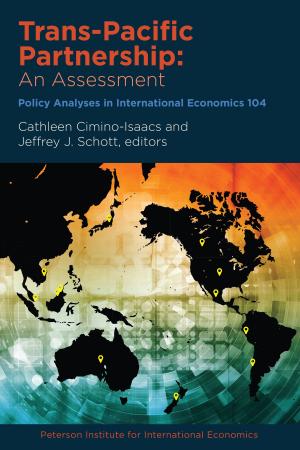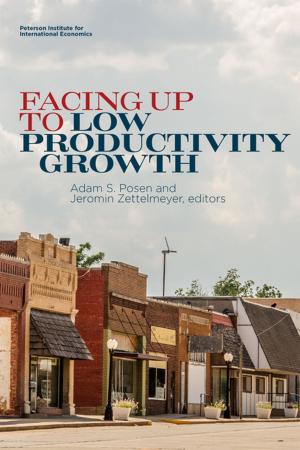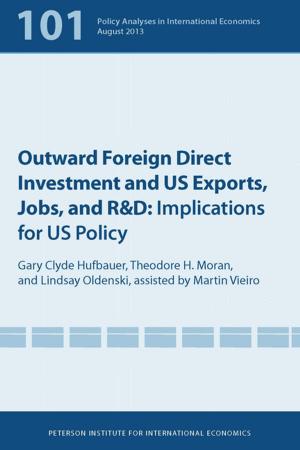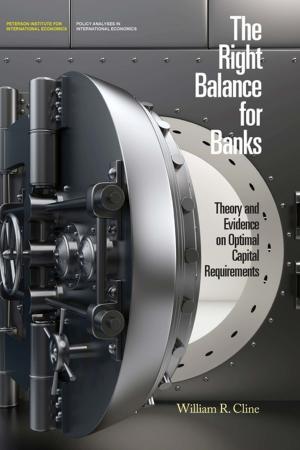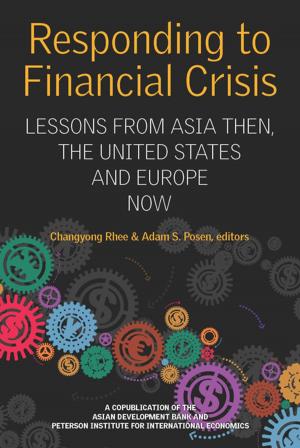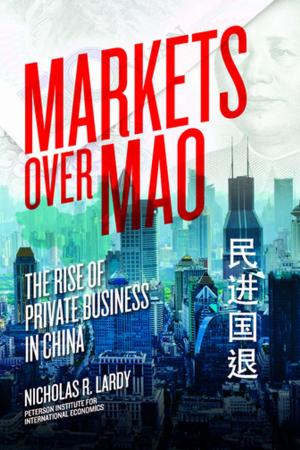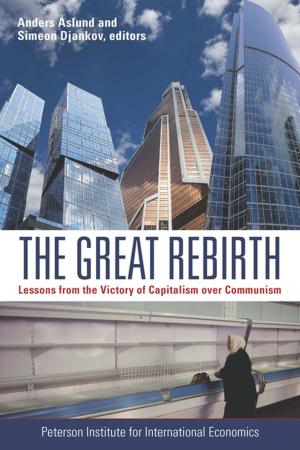Bridging the Pacific
Toward Free Trade and Investment Between China and the United States
Business & Finance, Economics, International Economics, Nonfiction, Social & Cultural Studies, Political Science, International, International Relations| Author: | C. Fred Bergsten, Gary Clyde Hufbauer, Sean Miner | ISBN: | 9780881326925 |
| Publisher: | Peterson Institute for International Economics | Publication: | May 15, 2014 |
| Imprint: | Peterson Institute for International Economics | Language: | English |
| Author: | C. Fred Bergsten, Gary Clyde Hufbauer, Sean Miner |
| ISBN: | 9780881326925 |
| Publisher: | Peterson Institute for International Economics |
| Publication: | May 15, 2014 |
| Imprint: | Peterson Institute for International Economics |
| Language: | English |
The terrain of the world trading system is shifting as countries in Asia, Europe, and North America negotiate new trade agreements. However, none of these talks include both China and the United States, the two biggest economies in the world. In this pathbreaking study, C. Fred Bergsten, Gary Clyde Hufbauer, and Sean Miner argue that China and the United States would benefit substantially from a bilateral free trade and investment accord or from participating together in a regional agreement like the TPP. In the process, they contend, each country would also achieve progress in addressing its internal economic challenges, such as the low saving rate in the United States. Achieving greater trade and investment integration could be accomplished with one comprehensive effort or through step-by-step negotiations over key issues. The authors call on the United States to seek liberalization of China's services sector as vital to securing an agreement, and they explain that such contentious matters as cyberespionage and currency manipulation be handled through parallel negotiations rather than in the agreement itself. This is an important study of the benefits and difficulties of a complex matter that could yield dividends to the two economies and help stabilize the security and well-being of the rest of the world.
The terrain of the world trading system is shifting as countries in Asia, Europe, and North America negotiate new trade agreements. However, none of these talks include both China and the United States, the two biggest economies in the world. In this pathbreaking study, C. Fred Bergsten, Gary Clyde Hufbauer, and Sean Miner argue that China and the United States would benefit substantially from a bilateral free trade and investment accord or from participating together in a regional agreement like the TPP. In the process, they contend, each country would also achieve progress in addressing its internal economic challenges, such as the low saving rate in the United States. Achieving greater trade and investment integration could be accomplished with one comprehensive effort or through step-by-step negotiations over key issues. The authors call on the United States to seek liberalization of China's services sector as vital to securing an agreement, and they explain that such contentious matters as cyberespionage and currency manipulation be handled through parallel negotiations rather than in the agreement itself. This is an important study of the benefits and difficulties of a complex matter that could yield dividends to the two economies and help stabilize the security and well-being of the rest of the world.


